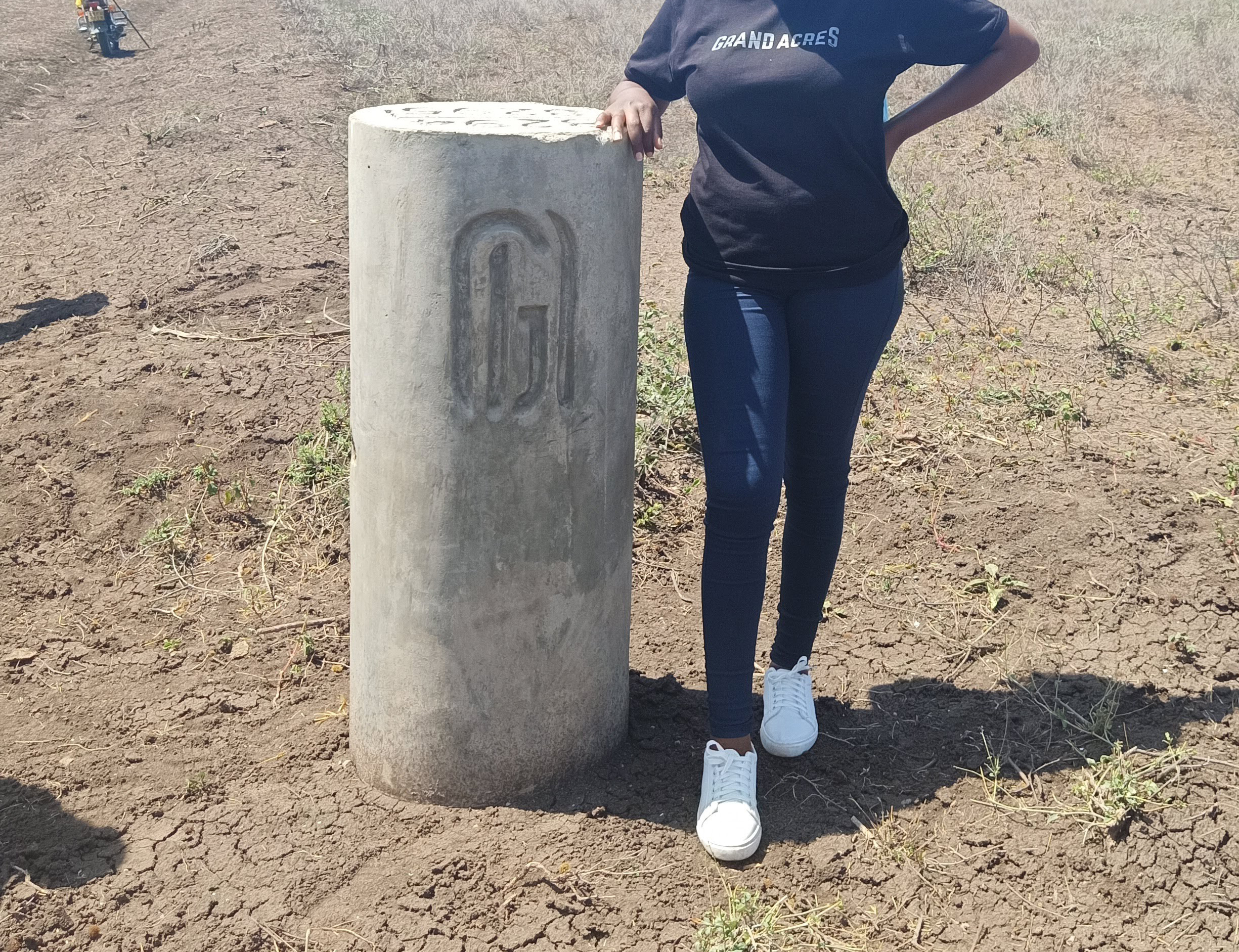Determining whether the asking price of land in Kenya is fair or too high can be daunting, especially in areas with little data or well-defined benchmarks. As a prospective land buyer or investor, it is crucial to navigate this landscape wisely to make a sound decision. In this article, we enter Kenya’s enigmatic realm of land pricing.
1. How is pricing determined?
The price is often simply what the market is willing to pay. In urban areas, pricing for commercial and residential properties is well-defined and easily accessible through various sources like property reports and indices. Sales data from actual transactions in those areas inform these reports and indices. Rural and frontier regions present unique challenges. Here, land transactions often involve buying from the original local inhabitants, and data on comparable sales may be scarce.

2. Gauging Fair Pricing Through Research and Engagement
To gauge land pricing accurately, buyers must engage in “sweat equity” and proactively investigate the market. This includes speaking to owners of neighbouring, contacting landowners, and enquiring about their asking prices. Often, sellers in these regions may not have a clear idea of their land’s value, leading to potentially favourable negotiations for buyers.
3. Consideration for Supporting Documentation
While the price is a significant factor, it should not be the sole determinant. Necessary supporting documentation, such as the land’s history, ownership lineage, and family consent, plays a vital role in establishing the legitimacy of the property. Complete documentation can justify a slightly higher price, ensuring a secure investment. A slightly higher price for a well-documented and trustworthy transaction may be more advantageous in the long run.
4. Value Addition and Trust
Sometimes, you may discover neighbouring landowners selling similar-sized parcels for different prices. Value addition may be a factor. Properties with mature trees, fencing or a borehole will be priced higher than the neighbouring property with little to no value addition. Proximity to primary roads/access also adds to the value of the land. Personal relationships, trust, and transparency may also come into play. Buyers may be willing to pay more to someone they trust and can hold them accountable rather than taking a risk with a less familiar seller.

5. Future development
As you research, you may discover information on upcoming developments that will add value to the surrounding property. Sellers may take advantage of this knowledge to request better pricing for their land. It may also be an advantage for a buyer to get in early and purchase in the area, as the development will guarantee a quick increase in value. However, this should play a very small part in the basis for a purchase. Buyers and sellers have no control over the said upcoming developments. It may be ten years before they happen, or they may not happen at all.
6. Government Valuation vs Market Valuation
Government valuations, often called Tax Valuations, can be a reference point. However, they usually represent a fraction of the market valuation. Market valuations are determined by what buyers are willing to pay and can significantly exceed government valuations. As such, stamp duty calculations based on government valuations may lead to discrepancies between the buyer’s perception and the actual investment value.
Engaging with the local market, researching comparable sales, and scrutinising supporting documents are essential to making informed decisions. Moreover, understanding the dynamics of the specific region and trusting reputable sellers can add an extra layer of security to land investments.
As you embark on your land investment journey, remember that pricing is just one aspect of the broader landscape. By combining careful research, a keen eye for opportunity, and adherence to due process, you can confidently navigate the complexities of land transactions.
If you are looking for a good deal, check out our website or reach out to us via WhatsApp.



Be the first to comment!